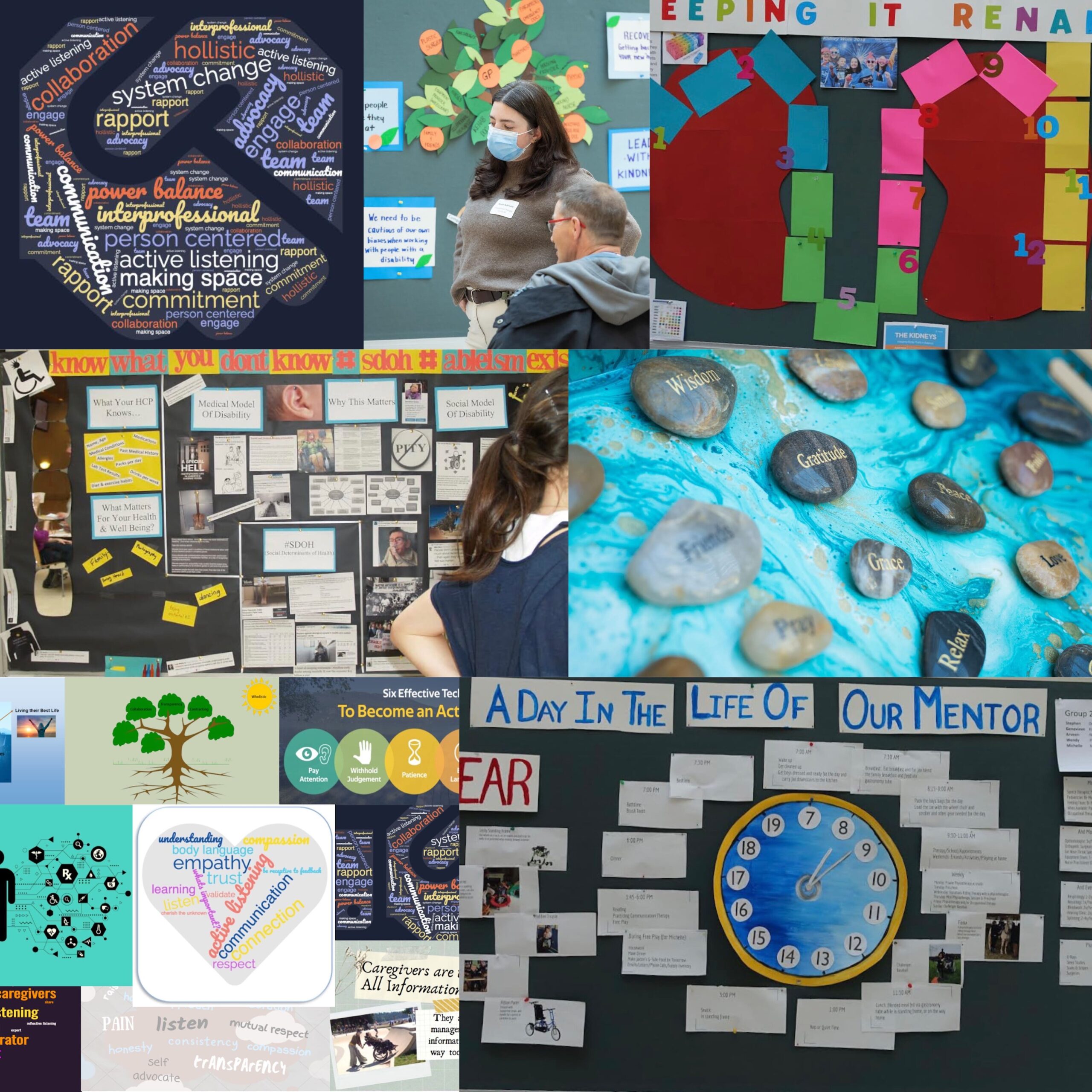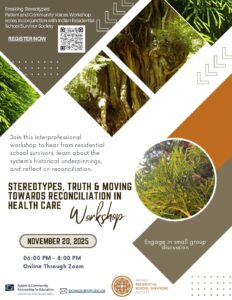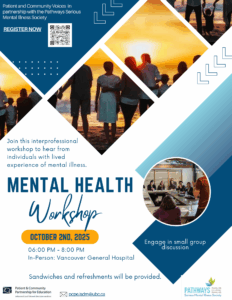Combating ableism in health care

People in the disability community say that they often face discrimination or social devaluation because of the pervasive culture of ableism in health care. One solution proposed by disability advocates and ethicists is the introduction and increased inclusion of the perspectives of people with disabilities into health professional curricula. The purpose of this project is to identify and extend opportunities for people with disabilities to contribute authentically to the way that health professional students at UBC learn about disability. We will build on previous work by Patient & Community Partnership for Education with community organizations such as Disability Alliance BC, Community Living Society of BC, and Creating Accessible Neighbourhoods, as well as mentors in our Interprofessional Health Mentors program. The intent is to co-develop learning resources for students to learn how to combat ableism and provide safe and accessible care for people living with a range of disabilities.
People with disabilities often face discrimination and stereotyping in the health care system because of ableism, irrespective of the specific nature of their disability. They also have unique health care needs, accessibility and communication challenges that interfere with the delivery of patient-centred care. Few students in health professional programs have first-hand or in-depth knowledge of disability from the perspective of people living with disabilities. We will work with faculty, students and community partners to identify topics and co-develop learning resources to better meet the needs of people recovering from head and other physical injuries, as well as other types of disability.
Funded by the Vancouver Foundation, the Cedar Lodge Endowment supports projects in the area of residential rehabilitation, assessment, teaching and research for persons recovering from head and other physical injuries.


